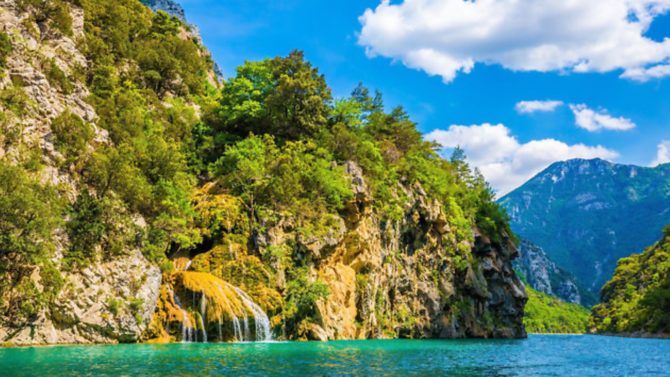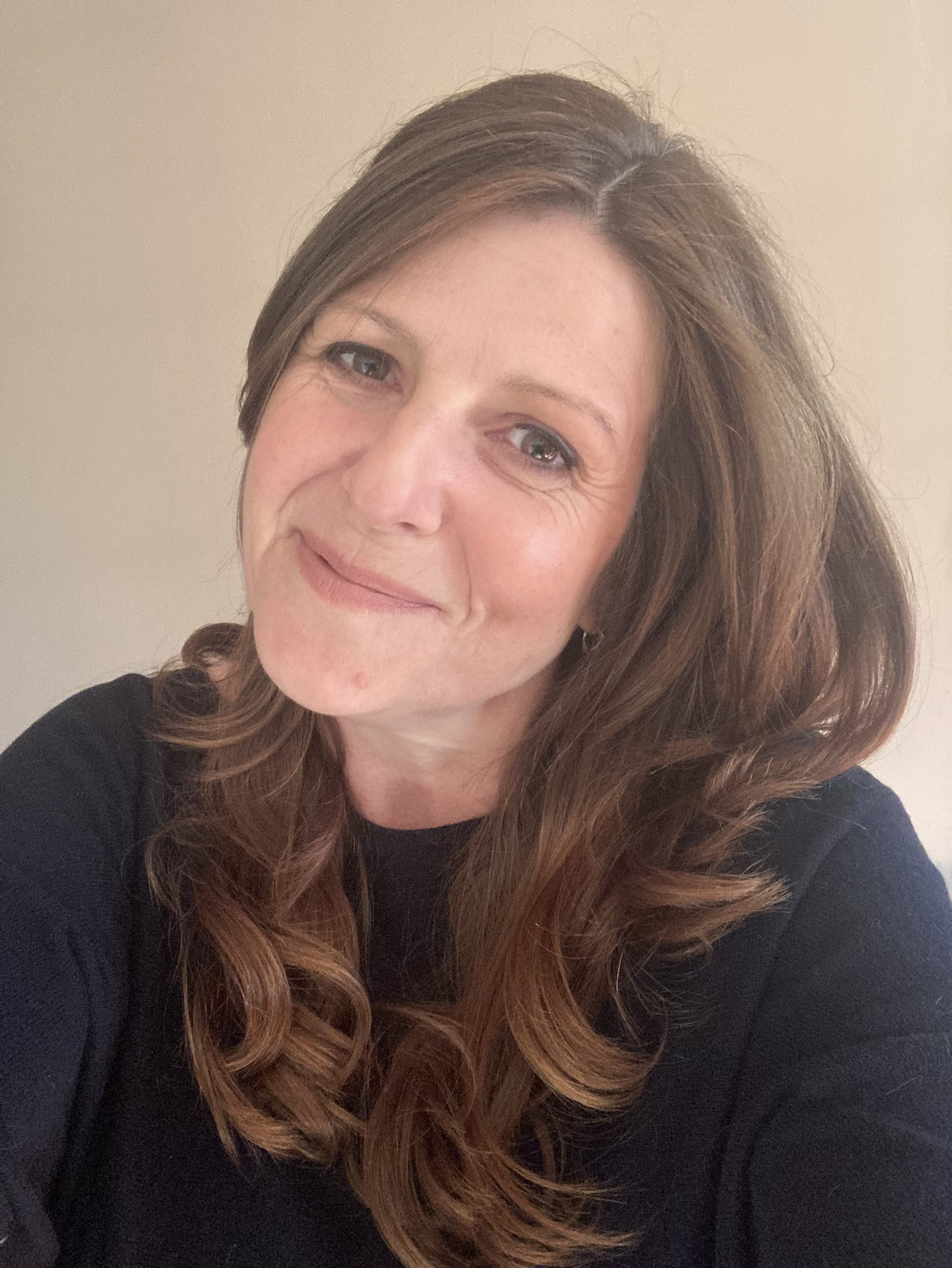10 things to consider before buying a property in a national park


Buying a property in one of France’s national parks may sound idyllic but make sure you take into account these 10 considerations before signing on the dotted line
1. There are strict rules about what you can do with your property
Mainland France has 7 national parks, all located in the south. They are all remarkable and fragile natural environments and a wonderful place to live but there are strict rules on what you can do with your property.As with listed buildings and properties within conservation areas or within 500m of a historic monument, strict planning rules and regulations apply – this could be anything from the type of roof tiles you’re allowed to use to the colour of your shutters. Vernacular architecture must be respected and local materials used. Pay a visit to the local mairie to find out the rules and regulations that apply to your property before you buy it.
2. There are fewer properties on the market
France’s national parks are largely uninhabited which means there are few properties, so those coming onto the market may be few and far between. It may be more practical to househunt on the edge of the park, in one of the buffer zones, where there are more properties and better facilities, infrastructure and transport.
____________________________________________________________________
Related articles
Where to buy a bargain rural retreat in France
7 things to consider before buying in a village
____________________________________________________________________
3. The popularity of the national park will determine the property prices
In the more popular national parks, especially those along the French Riviera such as the Port Cros National Park and the Calanques National Park, properties are expensive. Whereas, in remote mountainous locations, such as the Écrins National Park, property tends to be much cheaper because of the isolated location and restrictions on what you can do.
4. You may find it difficult to earn a living
Most employment within the national parks is in agriculture, forestry and tourism. If you are planning to run a business online then check the broadband coverage – it can be patchy in rural France. If you’re considering a tourism business, such as a B&B or gîtes, bear in mind that trade is seasonal depending on the nature of the park and you will have to work hard at marketing your business. There is an emphasis on educating and informing visitors about the character, values and preservation of the parks and they will encourage and support tourism ventures which share those values and abide by local traditions.
____________________________________________________________________
Related articles
Discover France’s national parks
5 things to consider before buying a rural retreat in France
____________________________________________________________________
5. Schools and medical facilities will probably be far away
While the wild remoteness of the parks is a huge part of their appeal, this needs taking into consideration before planning a move there as the infrastructure will be limited. Do you need regular access to medical facilities for specialist treatment? If so, check how far you would have to travel to the neared medical facility before buying a property. If you have children then check how far away the schools are and how your children would get their each day – you might have to drive them which could restrict your employment opportunities.
6. You will need to speak good French and throw yourself into the local culture
As many areas are remote, there are unlikely to be many other expats around and the locals might not speak much English so speaking a good level of French would help with settling in and meeting people.. Also take interest in local traditions – they are part of the park’s special character and will help you meet your neighbours.
7. Check the restrictions on pets
In French national parks there are restrictions on domestic animals like dogs, with certain areas off limits for dog owners even if they are on a leash. Activities like hunting, fishing and picking flowers and plants are highly restricted, if not banned – Niven Dyer, an agent with Leggett Immobilier who lives and works in the Écrins National Park area.
____________________________________________________________________
Related articles
5 places to buy in France if you love the great outdoors
Which areas of France are most popular with British buyers
____________________________________________________________________
8. Obtaining planning permission will probably be more difficult and take longer than normal
Building in a national park is possible, you need the same permissions as outside, but you have to provide extra information to the mairie in the form of details about how the process of building is going to affect the surroundings. This includes details of all watercourses, lakes and ponds within 100 metres and how the works might affect them, how workmen and goods will arrive on site, and how spoil and building waste is to be managed. More copies of the planning application may be required than normal, and the time taken to reach a decision will be longer – they will tell you when you apply how long it should take. – architect Neil Vesma
9. You might need planning permission for internal work on your property
Find out what permissions you may need, even for internal work, before starting any renovation. Planning rules are tighter; works will often need a planning approval via a déclaration préalable, which you wouldn’t need in an unprotected area. – Mary Hall, a property manager and former chartered surveyor
10. Any building work will probably take longer than usual too
Populations will be small, hence fewer artisans; so for specialist work such as roofing using local materials like lauze stone, you may need to wait a long time.
Share to: Facebook Twitter LinkedIn Email


